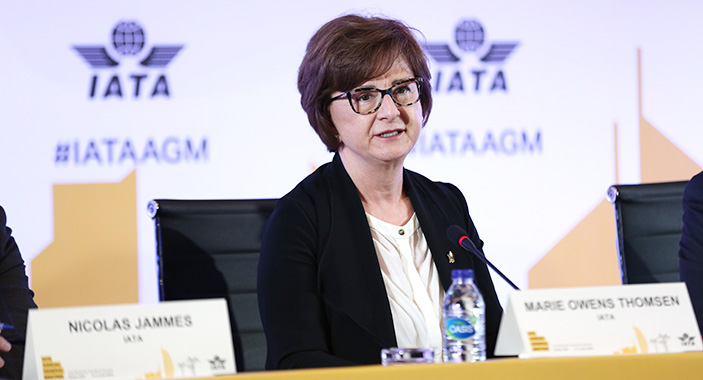
News
International Air Transport Association annual general meeting June 2-4 in Dubai
June 3rd 2024
News from the International Air Transport Association (IATA) annual general meeting, (AGM) being held this week includes an initiative to track the emissions impact of Sustainable Aviation and a reduction in airline funds blocked from repatriation by governments. Read More »
Registry to track emissions impact from Sustainable Aviation fuel
IATA has launched a Sustainable Aviation Fuel (SAF) registry to track emissions reductions produced from SAF. Initially, the registry will have a membership of 16 airlines, national aviation regulators and original equipment manufacturers and will commence SAF monitoring in first quarter 2025, the airline lobby group said. “The SAF registry will help meet the critical needs of all stakeholders as part of global efforts to ramp up SAF production,” IATA director-general, Willie Walsh, said. “Governments need a trusted system to track the quality and quantities of SAF used. SAF producers need to accurately account for what has been delivered and effectively decarbonised. Corporate customers must be able to transparently account for their Scope 3 emissions. And airlines must have certainty they can claim the environmental benefits of the SAF they purchased. The registry will meet all these needs.”
Bangladesh and Pakistan lead list of countries withholding US$1.8 billion in funds owed to airlines
Airlines had about US$1.8 billion in revenues yet to be repatriated to their home markets at April 30, IATA figures show, although the owed funds were down 28%, or US$708 million, from year-end 2023. Bangladesh and Pakistan held the two largest amounts of blocked funds, at US$320 million and US$411 million, respectively, IATA said. “Pakistan and Bangladesh must release the US$731 million in blocked funds immediately to ensure airlines can continue providing essential air connectivity,” IATA’s Walsh said. “In Bangladesh, the solution is in the hands of the Central Bank, which must prioritise aviation’s access to foreign exchange in line with international treaty obligations. The solution in Pakistan is to find efficient alternatives to its system of audit and tax exemption certificates that cause long processing delays.”